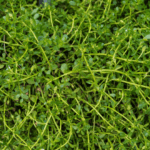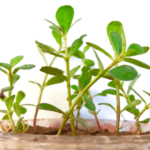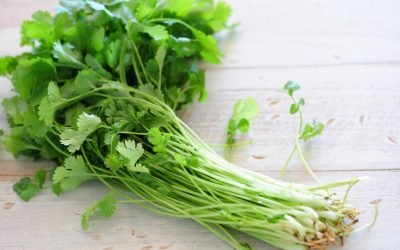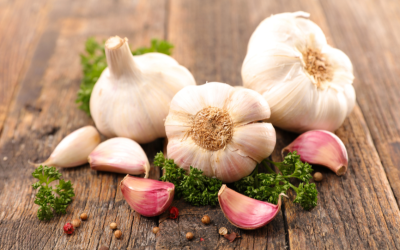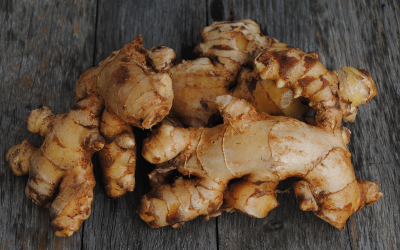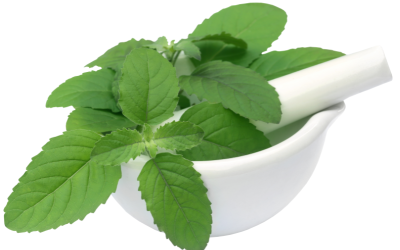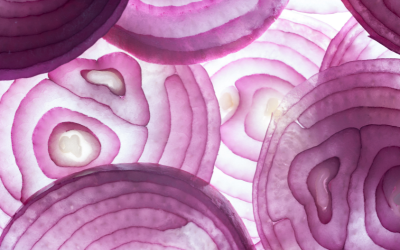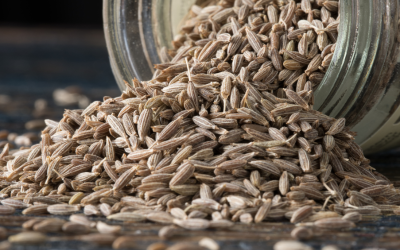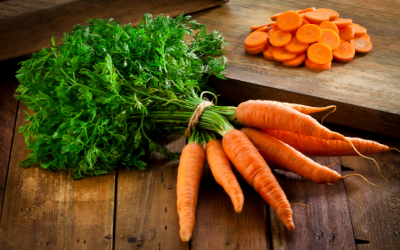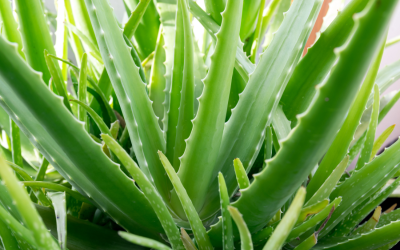Brahmi- A Proven Source Of Power For Your Memory
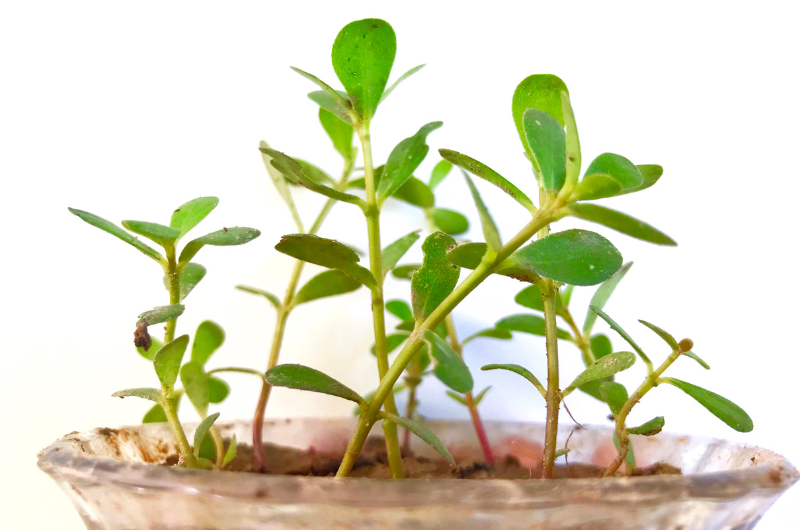
In this read we will uncover the secret benefits of Brahmi (Bacopa monnieri) and its power of healing. Ayurveda has acknowledged the nourishing effect of brahmi on human brain. Many traditional methods of this herb are being used for healing of ailments like nervous disorder, backache, impotence etc. In this blog we will discuss about the herb and its effect on human brain. Sometimes, Mandukaparni (Centella asiatica) is mistakenly referred to as Brahmi. Brahmi however refers solely to Bacopa monnieri. The confusion is considerable because both of the herbs are work as a powerful tonic for human brain.
Medicinal potency
The medicinal potency of Brahmi in treating Alzheimer’s Disease and Parkinson’s Disease has already been established. It was found that Brahmi has some antianxiety, antidepressant, antimicrobial, and anti-inflammatory properties. It can be used as a painkiller.
Identification of the herb:
A small, prostrate herb with ascending branches.
Roots arise on the nodes of the stem.
Leaves- fleshy, oblong with obscure weins.
Flowers- bluish-white or lilac.
Fruits- Egg like with persistent style,
How To Use:
Brahmi (Bacopa monniera) has been used in the form of a memory enhancer for many years. You can use the whole plant or the leaves to enhance memory, here are some methods to use.
You can make juice out of it by crushing the plant or leaves in a mortar pestle. Dose: 1 to 1.5 tsp fresh juice twice a day.
(Note: While making juice of any herb, crushing is more preferable than grinding in mixer for better results.)
Many brands of Brahmi leaf powder and Brahmi oil are available in the market. 1 to 1.5 tsp powder can be taken along with 1 tsp honey or 1 cup of milk twice a day.
Other Benefits:
Bronchitis, constipation, fatigue, fever, nervous disorder, sterility: Boil 1 teacup fresh juice of the plant along with 1 teacup of ghee. Take 1 tsp twice a day for a few days. (Note: The relief is due to vomiting and purging brought about by the drug.)
Cough in Children: Boil the crushed plant (about 2 cups of crushed plant), make a poultice, and place it on the chest for half an hour. Repeat.
Rheumatism: Extract the leaf juice and mix it with hot paraffin and apply it to the affected areas.
Precautions:
Taking high doses of brahmi may cause gastrointestinal symptoms such as nausea, stomach cramps, diarrhea, or vomiting.
Brahmi has mild sedative properties, and taking excessive amounts may lead to increased drowsiness, fatigue, or lethargy. Some individuals may experience headaches or migraines.
To avoid these risks, it’s important to follow the recommended dosage instructions provided on the product packaging or as advised by a healthcare professional.
How to grow at home:
Location:
- Choose a spot with partial shade to full sun.
- Indoors, place Brahmi near a window with indirect sunlight.
- Protect from the harsh afternoon sun.
Soil:
- Use well-draining soil rich in organic matter.
- Mix potting soil, compost, and sand in equal parts.
- Ensure proper drainage, especially in containers.
Planting:
- Propagate from seeds or cuttings.
- Cut healthy stems below a node and remove lower leaves.
- Plant in moist soil, ensuring at least one node is buried.
- Water thoroughly and keep soil consistently moist.
Watering and Maintenance:
- Water regularly to keep the soil moist but not waterlogged.
- Avoid overhead watering to prevent fungal diseases.
- Mulch to retain moisture and suppress weeds.
Fertilization:
- Apply balanced organic fertilizer every 4-6 weeks during the growing season.
- Top-dress with compost or aged manure for added nutrients.
Pruning and Harvesting:
- Prune regularly to promote bushy growth.
- Pinch back stem tips to encourage lateral growth.
- Harvest leaves as needed, avoiding excessive removal.
Pest and Disease Management:
- Watch for pests like aphids, mealybugs, and spider mites.
- Address infestations promptly with organic solutions.
- Ensure proper air circulation to prevent fungal diseases.
Overwintering:
- Bring potted Brahmi indoors in colder climates.
- Provide protective mulching for outdoor plants.
- Reduce watering frequency during dormant winter months.
Conclusion:
Growing Brahmi at home is a fulfilling endeavor that provides a fresh supply of this beneficial herb. By following these simple steps, you can cultivate healthy Brahmi plants and enjoy its numerous health benefits.
References:
The Molecular Links of Re-Emerging Therapy: A Review of Evidence of Brahmi (Bacopa monniera) View
Effectiveness of Brahmi in Various Illnesses: Review Paper. View
- H.K.Bakhru (1992) Herbs That Heal: Natural Remedies for Good Health. Orient Paperbacks. Delhi, India.
- T.V.Sairam (1999) Home Remedies Vol-II: A Handbook of Herbal Cures for Common Ailments. Penguin Books India.
Send Us A Message
FAQs
- Brahmi contains active compounds called bacosides, which are believed to enhance neurotransmitter activity in the brain, particularly acetylcholine, which is essential for memory and learning. By promoting neuronal communication and neuroplasticity, Brahmi may improve cognitive function, including memory retention, concentration, and information processing speed.
- Yes, Brahmi has adaptogenic properties, which means it helps the body adapt to stress and maintain balance. Studies suggest that Brahmi may reduce levels of stress hormones like cortisol and modulate the activity of neurotransmitters involved in the stress response. As a result, it may help alleviate symptoms of anxiety and promote a sense of calm and relaxation.
- Brahmi is available in various forms, including fresh leaves, dried powder, capsules, tablets, and liquid extracts. It can be consumed orally as a supplement or brewed into teas. The dosage and form of Brahmi may vary depending on individual needs and preferences. It's essential to follow the recommended dosage guidelines provided by healthcare professionals or product labels.
- Brahmi is generally considered safe for most people when consumed at recommended doses. However, some individuals may experience mild side effects such as digestive discomfort, nausea, or headache. Pregnant or breastfeeding women, as well as individuals with certain medical conditions or taking medications, should consult with a healthcare provider before using Brahmi supplements. Additionally, Brahmi may interact with certain medications, so it's essential to discuss potential interactions with a healthcare professional.

